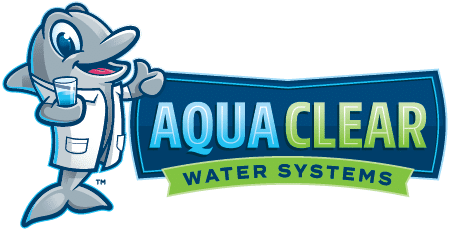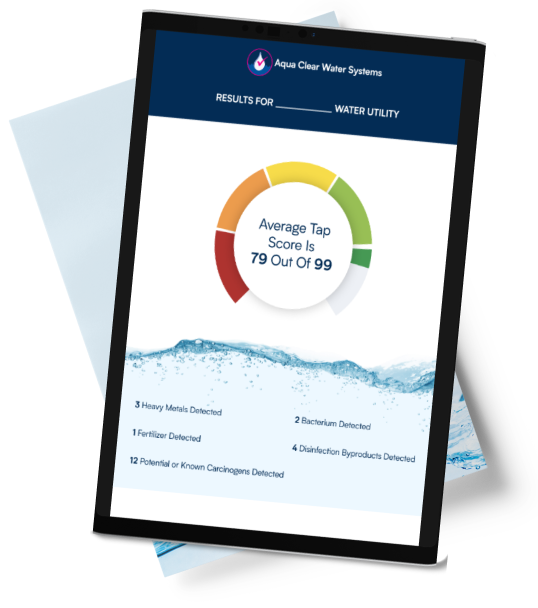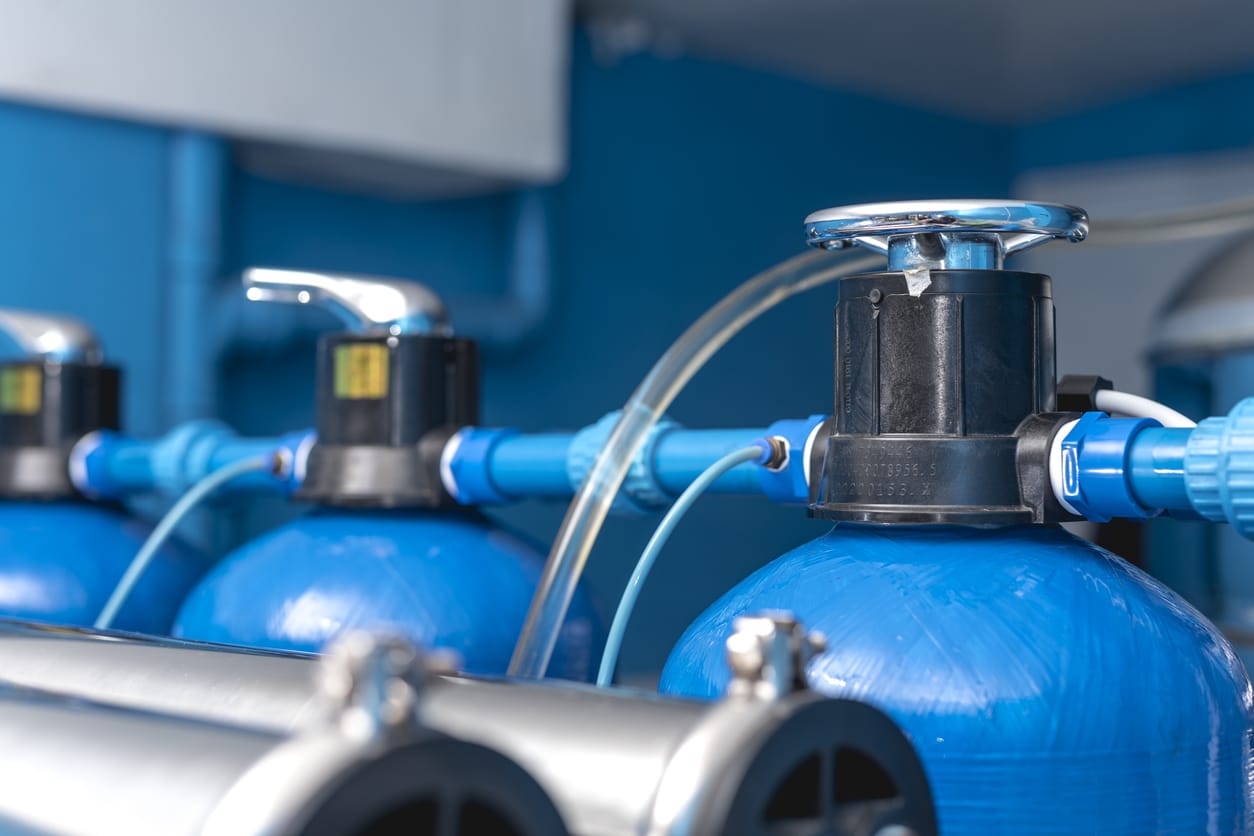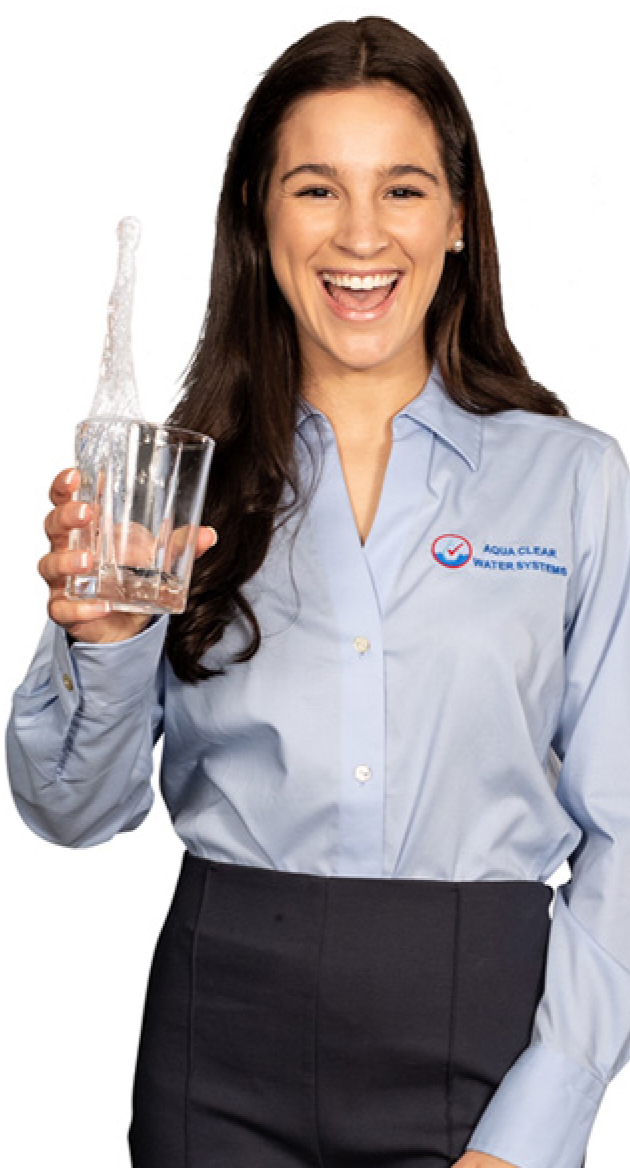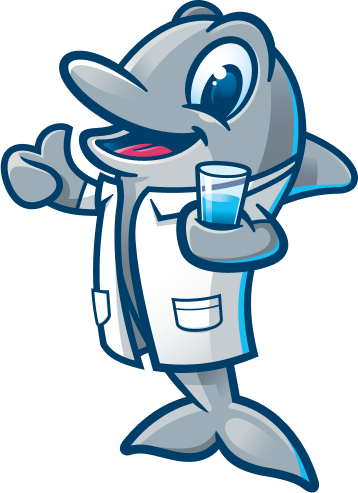Nashville is an iconic location, not just in its home state of Tennessee or even within the United States. Having shaped and built the careers of music legends like Dolly Parton and Taylor Swift, Nashville is recognizable and popular worldwide.
As the fourth most populous city in the Southeast, and one of the fastest-growing cities across the country, Nashville is a center for more than just music in 2025. However, this increase in population has put a strain on the existing infrastructure such as drinking water, especially in an area that experiences long, hot summers.
Questions have recently arisen about the safety and quality of Nashville’s drinking water.
Where does Nashville’s Water Come From?
Much of the drinking water in Nashville’s faucets comes from the Cumberland River, a 688-mile river stretching from its source in Kentucky to where it joins the Ohio River after looping through northern Tennessee. There are two water treatment plants on the river, managed by Metro Water Services, which oversees the treatment of almost 200 million gallons of water per day for Nashville and Davidson County.
Metro Water Services supervise the water supply to Nashville. They manage a network of supply tanks to ensure a consistency of supply to consumers, regardless of any issues at an operational level, or any natural disasters.
A small proportion of Nashville’s tap water comes from the J. Percy Priest reservoir, a man-made body of water around 10 miles east of downtown Nashville. This lake was formed by damming the Stones River.
How is Nashville’s Water Treated?
Metro Water Services is responsible for the water quality in Nashville from river source to faucet. The treatment process actually begins before the water even reaches either of the treatment plants, when screening is used to remove any large debris from the water. Before chemical treatment can begin, mud, algae, and sediments are all removed by filtration.
Chemical treatment of drinking water removes impurities and contamination such as bacteria. Generally, chlorine bleach is used to kill any bacteria, before fluoride is added to help protect consumers’ teeth.
After treatment, the water is tested to ensure safe levels of any chemicals used has been reached. Following this, water begins its journey through thousands of miles of pipes to domestic and commercial consumers in the greater Nashville area.
What are the Concerns with Nashville’s Water Supply?
At present, there are a number of concerns with the quality and safety of Nashville’s water, predominantly raised by the Environmental Working Group (EWG) an activist nonprofit group specializing in various areas of environmental contamination, including drinking water.
Their ‘safe’ levels of contaminants in drinking water look very different to those set by the Environmental Protection Agency (EPA), the federal agency responsible for human health and the environment. The main concerns around Nashville’s water and whether it is safe to drink center around disinfection byproducts which are left behind or even created by the water treatment process.
The chlorine used to treat drinking water reacts with organic matter in the water and can form disinfection byproducts, which are known or suspected carcinogens.
HAA5
HAA5 is made up of five haloacetic acids. Long-term exposure can increase the risk of developing some cancers. Nashville’s drinking water is 319 times higher than the EWG’s recommended limit. At a federal level, Nashville water is considered to contain only very low levels of HAA5.
HAA9
HAA9 includes four additional haloacetic acids to HAA5. It is present at very high levels in Nashville water and can also be linked to some cancers. The EPA does not regulate the presence of HAA9, but according to the EWG, safe limits are exceeded by 565 times.
TTHMs
TTHMs (total trihalomethanes) are known to be carcinogenic, and exist in Nashville’s water supply at a level well in excess of the safe limit proposed by the EWG.
CHROMIUM
Chromium can occur naturally in drinking water but it is also a known industrial pollutant. It is a known carcinogen but is completely unregulated on a federal level. According to EWG proposals, the level of chromium in Nashville’s water is four times over the safe limit.
NITRATES
Nitrates usually come to sources of drinking water as agricultural runoff, following the use of certain fertilizers, although they may also leach from septic tanks. Nitrates can increase the risk of some cancers and reduce oxygen levels in infants if consumed at high levels. The EPA declares nitrate levels in Nashville’s water to be safe, but according to the EWG the levels are three times the safe limit.
Can you Drink Tap Water in Tennessee?
The cleanliness of Nashville’s tap water is challenged similarly to Tennessee’s tap water across the state, where people are also asking if their water is safe to drink. Due to the aforementioned population growth, lawmakers tend to roll back the laws protecting groundwater cleanliness so that more houses can be built, faster.
One of the very common contaminants in groundwater is E. Coli, which reaches the water sources due to animal waste runoff from agricultural land and improper management of human waste. It can cause severe gastrointestinal symptoms and may even be fatal to some consumers, especially those who are already immunocompromised.
Tennessee tap water is also vulnerable to the threat of industrial pollution, for example the rising presence of PFAS (perfluroalkyl and polyfluroalkyl substances). PFAS are very stable chemical structures used in the manufacture of nonstick goods.
In fact, they are so stable that they do not break down in the environment or, more worryingly, inside the human body. They are sometimes referred to as ‘forever chemicals’ for the way that they do not degrade over time.
The EPA is paying close attention to the levels of PFAS in drinking water, so perhaps it is not so unreasonable to ask “can you drink the tap water in Nashville?”
Is Nashville Tap Water Safe to Drink?
The state government of Tennessee and the EPA mandate that public water systems must report the safety analysis of their drinking water on a yearly basis, to confirm the safety to consumers of the output from water treatment centers. Nashville tap water, on both a state and federal level, is reported to be clean and safe to drink.
However, as you have read, compliance with regulations does not necessarily mean that the water is uncontaminated. See the section ‘can you drink tap water in Tennessee?’ for the debate around the cleanliness of water on a state level.
The EPA has regulated the presence of 92 pollutants since a change in law in 1974, but not all the potential contaminants are covered by these regulations. For example, microplastics remain unregulated due to a lack of foolproof tests.
The EWG considers the current US water standards to be quite outdated and not up to date with modern scientific understanding. See the section ‘What are the concerns with Nashville’s water?’ to compare their safety limits with those of the EPA.
How Aqua Clear Water Systems Can Help
Aqua Clear Water Systems can remove up to 99.9% of contaminants from drinking water in your home, leaving you with the pure, soft water that you deserve. Aqua Clear is Tennessee’s top-rated provider of home and business water filtration systems, so if you’re concerned about chemicals and contaminants in your drinking water, we can help.
